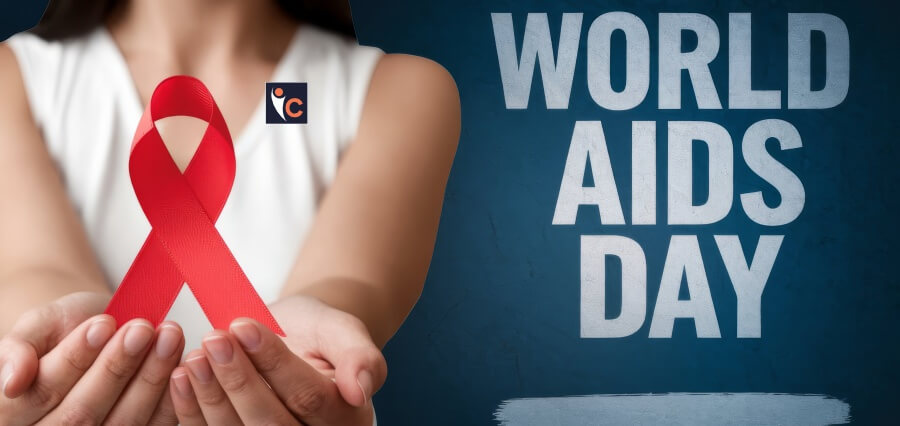A ‘significant threat’ to public health has been declared in relation to a drug-resistant disease that is spreading throughout Dorset. Patients with weakened immune systems are particularly vulnerable to infections caused by Klebsiella pneumoniae, which can lead to infections in the lungs, blood, and wounds of people who have already been hurt. It coincides with newly released data showing a sharp increase of Klebsiella cases in Dorset over the previous six years.
According to data from the UK Health Security Agency, 227 cases—up from 158 in 2017–18—were reported in the former NHS Dorset CCG area in the year ending in March.
It is a 44% increase over the previous six years. In the meantime, the number of cases in England has increased gradually, going from 17.6 per 100,000 persons in 2017–18 to 20.9 in 2022–2023.
The rate in Dorset has essentially stayed the same. Prices are valid only till 2022–2023. Researchers report that Klebsiella, which belongs to a class of disorders known as antimicrobial resistance (AMR), is growing more resistant to drugs.
They are a “invisible threat,” according to Deputy Prime Minister Oliver Dowden, and they need to be dealt with to “protect the welfare of our society and safeguard the NHS.”
The UKHSA stated that while it is looking into the cause of the increase in Klebsiella rates, it believes that variables such as an ageing population, better surveillance, and an increase in respiratory infections—which can result in bacterial infections—are likely to be involved.
Under the government’s five-year strategy to tackle antimicrobial resistance (AMR), the UK will use less antimicrobials, including antibiotics, antifungals, and antivirals; additionally, the surveillance of drug-resistant diseases before they arise will be strengthened; and finally, the discovery of novel treatments will be encouraged.
By 2040, the government stated, it hopes to contain and control AMR.
AMR has been dubbed “one of the top global public health and development threats” by the World Health Organization, which also claims that bacterial AMR was directly and indirectly responsible for about 5 million deaths worldwide in 2019—1.3 million of which were caused by infections.
Chief medical officer Professor Chris Whitty said: “Antibiotics are one of the most powerful tools we have against infection. Resistance to these drugs therefore poses a significant threat to the lives of many people in the UK and around the world.”
Professor Sir Stephen Powis, NHS national medical director, said: “Effective antibiotics are fundamental to providing the best care and treatment for patients both in the NHS and globally, so it is only right that we move to tackle the major issue of antibiotic resistance.
Read More: Click Here










